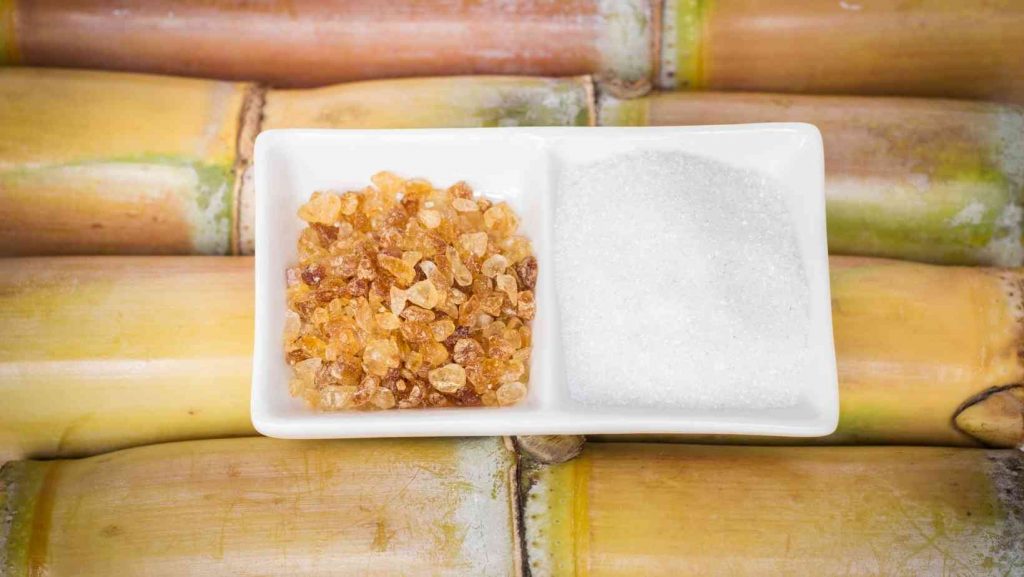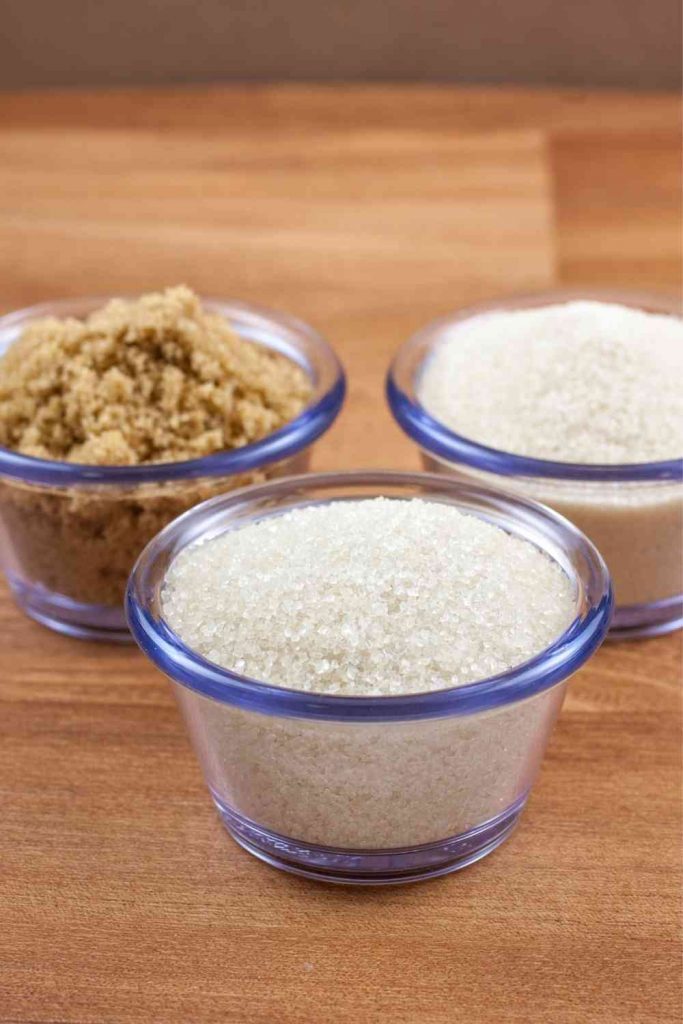Sugar is used as fuel by your body. Your body transforms sugar into glucose when you eat or drink anything that contains sugar. This glucose is subsequently transferred to the cells of your body, where it is converted to energy.
Most individuals, on the other hand, consume considerably more sugar than they can burn as energy. This leads to weight gain and dental damage, as well as an increased risk of diseases including cardiovascular disease and diabetes.

In Western diets, a form of sugar known as "refined sugar" is often consumed in excess. This is sugar that has been harvested from the sugar cane or sugar beet plant and has had its inherent nutrients removed.
What are the many kinds of sugar?
Let's begin with the fundamentals. What are the many kinds of sugar? Sugar may be divided into four categories in general:

- Glucose - is a simple sugar that is considered the body's main carbohydrate-based energy source.
- Fructose - sometimes known as "fruit sugar," fructose is a form of simple sugar or monosaccharide that may be found in fruits, root vegetables, agave, and honey.
- Sucrose - often known as 'table sugar,' sucrose is a disaccharide that contains both glucose and fructose.
- Lactose - also known as milk sugar,' lactose is a disaccharide that is made up of glucose and galactose units and is found only in milk.
read also: Delicious High Protein Foods
Natural sugar vs. refined sugar: what's the difference?
So, we've gone through the many types of sugar, but what about refined vs. natural sugar? Below, we'll go through the significant parallels and differences.

Sugar that has been refined
Sugar loses its nutrients after going through the refined process. It gets more concentrated as well.
The end product is a very sweet material that is very energy-dense, resulting in a high-calorie count despite the fact that it has no nutritional value.

Refined sugar is quickly metabolised, resulting in a surge (or'spike') in glucose and insulin levels in the circulation.
read also: 12 Healthy And Energizing Snacks
Sugar consumption has been related to a number of poor health outcomes, including high blood pressure and insulin resistance.
Natural Sugar
Sugar in its natural condition is unrefined sugar. Unrefined sugar includes molasses and natural sugars from fruits such as coconut or dates.
Because unrefined sugars include more water, they release energy more slowly than refined sugar.

We should also avoid consuming too much unprocessed sugar, since this form of sugar is still rich in calories due to its high energy density.
Do you want to learn more? Learn why sugar is harmful to your health.
What does refined sugar entail?
Sugar beets, cane, and maize are the major sources of refined sugar, which has been severely processed.
Is refined sugar harmful to our health? And if that's the case, what's the rationale for it?

Refined sugar has no benefits, according to recent research, but it does have a number of drawbacks.
Obesity, metabolic syndrome, cardiovascular disease, type 2 diabetes, certain forms of cancer, Alzheimer's disease, and cellular ageing are among them.
Eliminating refined sugar
Many individuals attempt to eliminate all forms of sugar, but this may be a difficult task since it also necessitates the elimination of fruit and other natural sugar sources. If you want to preserve these healthy items in your diet while lowering your sugar consumption, consider taking out refined sugar instead.
The advantages of avoiding refined sugar
So, what are some of the main advantages of avoiding refined sugar? There is a range of both anecdotal and scientific data on refined sugar, ranging from a possible reduced risk of cardiovascular disease to weight loss:
Cardiovascular disease risk is reduced. Cutting off refined sugar may lower your risk of heart disease since studies have shown that the more added sugar you consume, the greater your risk of heart disease.

Weight loss is a possibility. Cutting off refined sugar may help you lose weight, according to anecdotal evidence. The individual in one study who took off refined sugar despite consuming the same number of calories dropped 12 pounds in two weeks.
There is less mental fog. When we ingest refined sweets like sucrose and high-fructose corn syrup, our insulin levels immediately rise, which may cause brain fog or even agitation. As a result, lowering these sugars may make this happen less often.
More restful slumber. Sugar consumption is linked to increased nighttime awakenings and lower sleep quality. As a result, reducing this (particularly refined sugars) may help you sleep better.
Symptoms of Refined Sugar Detoxification
We've gone over why refined sugar is harmful to us and the advantages of cutting it out, but it's worth noting that you may feel certain symptoms as a result of doing so. These are some of them:
- Headaches
- Cravings
- Irritability
- Fatigue
- Nausea




